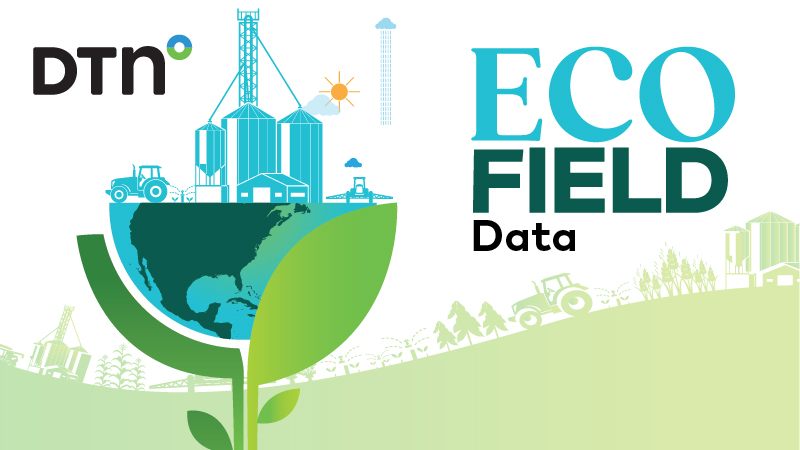Food Sustainability Focus Brings New Opportunities and Marketing Tools for Agribusinesses

Sustainability. It’s gone from buzzword to an inherent part of food production at every step of the supply chain — from farm to table. Sustainability doesn’t just ensure that resources, land and profits are available for future generations; it also offers new market opportunities for agribusinesses. And that’s something to create a buzz about.
Sustainable Farming Is Gaining Attention Outside of Ag
For those in the ag industry, sustainability isn’t a new concept. Growers have been modifying their farming practices for decades to conserve their land and protect their livelihoods. But there’s a renewed focus on farming practices now that companies who use agricultural products are monitoring how supply chain emissions contribute to their overall carbon footprint.
Consumers are demanding sustainable products, food companies are seeking sustainable ingredients, and many businesses (including agribusinesses) now include sustainability efforts in their environmental, social and governance (ESG) goals. In fact, in a recent DTN® survey of agribusinesses, over a quarter of respondents said that their company had ESG priorities for this year, with the top priorities being environmental protection, carbon footprint reduction and water conservation.
The Opportunities in Sustainable Ag Are Ripe for the Picking
As an increasing number of food, beverage and pet food companies seek grain grown with low carbon emissions, an emerging sustainable grain market brings numerous opportunities for the ag industry.
| Growers may receive premiums for sustainably grown grain. | |
| Agribusinesses can become trusted sustainability advisors while promoting their own products and services that reduce their customers’ carbon footprint. | |
| Grain traders can find new business opportunities in sourcing sustainably grown grain for food companies. |
New Business Opportunities Need New Business Tools
Finding these sustainability-related opportunities can be a challenge if you don’t have the right tools and data to help you. And that’s where EcoField™ data from DTN excels. With the power of differentiated data that only DTN can provide, combined with validated information from growers, EcoField data gives you unmatched insights into the farming practices of U.S. producers.
EcoField data offers exclusive data customized for your needs so that you can build your sustainability business. It’s a must-have resource for retailers looking to enhance their sustainability customer database and grain buyers who want to quickly find and engage with growers who match their clients’ requirements for low-carbon-emissions crops. You can better serve your current customers, as well as attract new prospects, by easily identifying who they are, what they’re growing, which farming practices they’re using and how to connect with them.
With EcoField data, you can filter through more than 50 sustainability indicators and determine their impact on carbon emissions, such as fertilizer type, crop protection type, irrigation use, cover crop use and tillage practices, for 19 of the most prominent crops in the U.S. The data can be viewed at state, county, zip code or field levels and is backed by FarmMarket data — the most robust producer contact database in the market.
EcoField data delivers the information you need to navigate the emerging sustainable grain marketplace and make the right decisions. To further explore how EcoField data can lead to more efficient and effective sustainability-related sales and marketing efforts, visit dtn.com/ecofield-data.